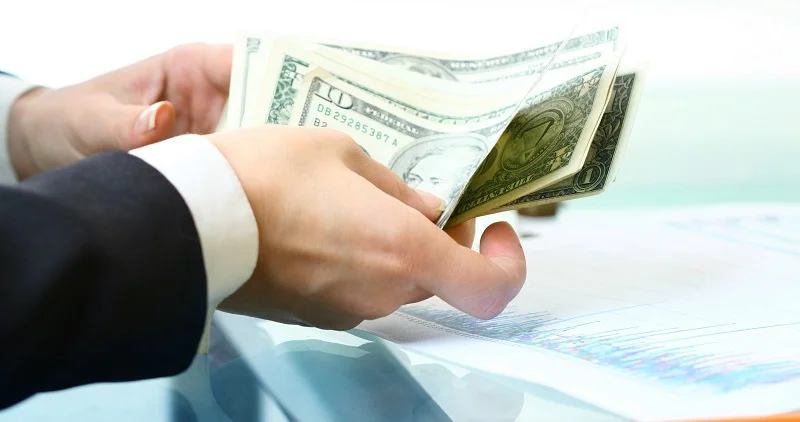When identifying property in a 1031 exchange, how do you work the earnest money? Should you use your own funds, cut a check to the real estate company, or something else? These are all great questions that we’ll explore in this article.
Making an Offer in a Hot Seller’s Market
When you are making an offer in a hot seller’s market, you want your offer to look as appealing and strong as possible.
Strategically, you may want to present your offer with an earnest money check from your own bank account, so that your offer and the earnest money deposit come in at the same time and are viewed by the seller as a full and complete package.
An Alternative Method
Alternatively, The qualified intermediary can advance the earnest money, but to do that the qualified intermediary will need to have a copy of the signed and accepted offer, and obtain wire instructions for the holder of the earnest money deposit (typically the title company).
If you do advance the money yourself, you may not want that money tied-up in the replacement property forever, so here is some sample text that says it will be refunded to you at closing:
Earnest Money Deposit – Refunded at Closing. The earnest money deposit shall be held until closing and shall not be applied toward the purchase prices, but will be refunded at the time of closing.
Start Your 1031 Exchange: If you have questions about 1031 exchanges, feel free to call me at 612-643-1031.
Defer the tax. Maximize your gain.
© 2022 Copyright Jeffrey R. Peterson All Rights Reserved




